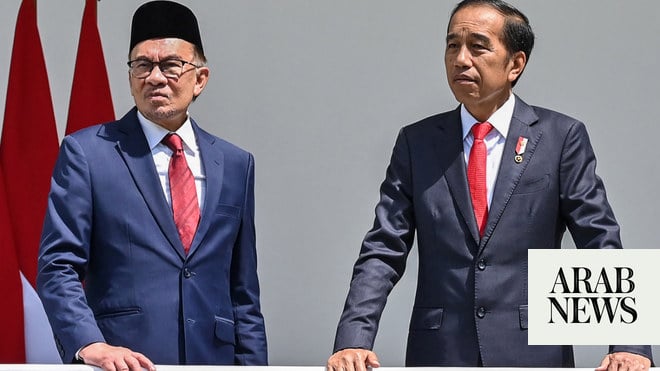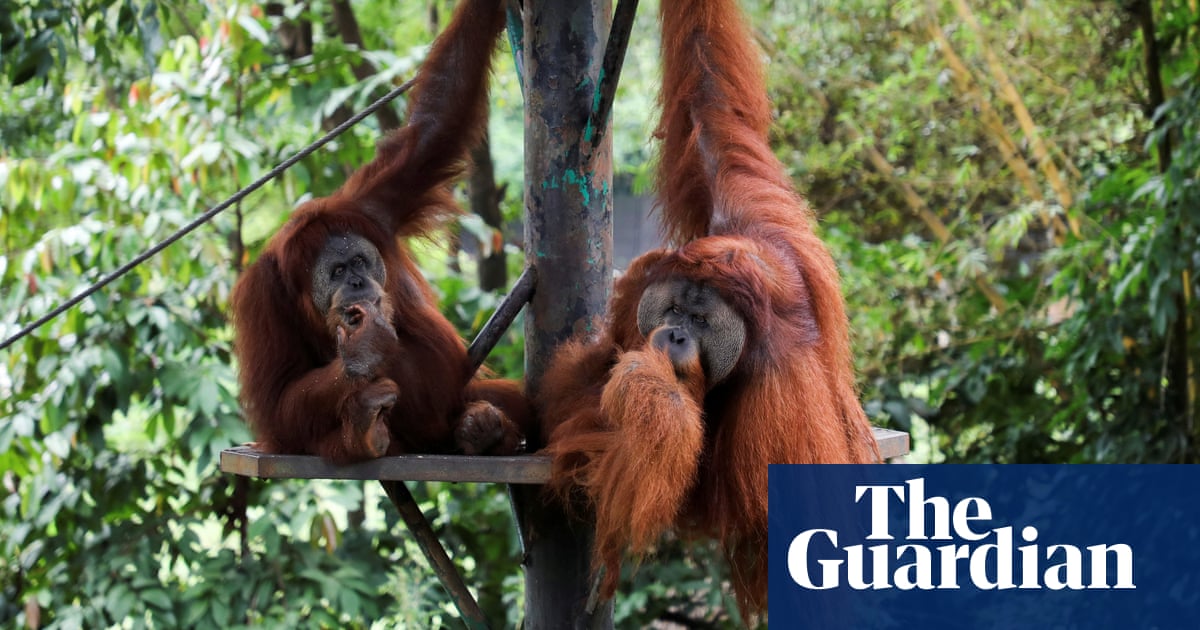
World’s largest producers eye joint campaign to fight ‘discrimination’
JAKARTA: Indonesia and Malaysia have vowed to partner and fight “discrimination” against the palm oil sector by Australia, Pacific countries and Europe.
“Indonesia expects the same commitment from Malaysia regarding this issue,” Indonesian President Joko Widodo said on Friday as he hosted his regional counterpart, Malaysian Prime Minister Muhyiddin Yassin, during a short visit to Jakarta.
Widodo added that Indonesia will “continue to fight the discrimination” which would have a “more favorable outcome if Indonesia and Malaysia joined forces.”
Friday’s visit marked Yassin’s first foreign trip abroad since assuming office in March 2020.
“The anti-palm oil campaign is baseless and doesn’t reflect the world’s palm oil sustainability, and is against the EU and WTO’s commitment on free trade,” Yassin said.
Both Indonesia and Malaysia are the world’s largest palm oil producers. The health of the sector is crucial for both economies, especially for the more than 600,000 palm oil smallholders in Malaysia.
In Indonesia, palm oil contributes between 1.5 and 2.5 percent to the country’s gross domestic product, with the majority produced by smallholders rather than the corporations that make up more than 40 percent of the country’s palm oil estates.
At a press conference on Thursday, officials from the Indonesia Palm Oil Companies Association (GAPKI) said that social restrictions imposed across the country to fight coronavirus had resulted in a decrease of palm oil consumption from 801,000 tons in January 2020 to 638,000 tons in June 2020.
However, the eventual easing of social restrictions resulted in consumption growing to 723,000 tons by December last year.
“The oleochemical consumption continued to rise due to the rising consumption, due to the increase in soap and other cleaning agents, from 89,000 tons in January to 197,000 tons in December 2020,” GAPKI Chairman Joko Supriyono said.
The two Southeast Asian leaders also discussed the possibility of establishing a reciprocal green lane to facilitate limited travel for business purposes between their countries.
“I conveyed the importance of ASEAN to finalize the ASEAN Travel Corridor Arrangement Framework and that it is important for ASEAN to show its solidarity in this difficult time,” Widodo said.
If the plan goes through, it would be Indonesia’s fifth travel corridor arrangement after similar deals with the United Arab Emirates, South Korea, China and Singapore.
However, Malaysia’s leader said that travel corridor negotiations would be based on a standard operating procedure which both countries could agree on.
Yassin said that the decision to implement a travel corridor will also depend on the coronavirus outbreak status in both countries, and will be subject to approval by health authorities in Malaysia and Indonesia.
After India, Indonesia has the second highest number of coronavirus cases in Asia, with more than 1.1 million infections. It also has the highest number of active cases in Asia.












